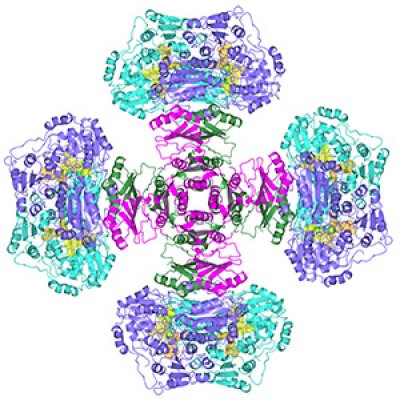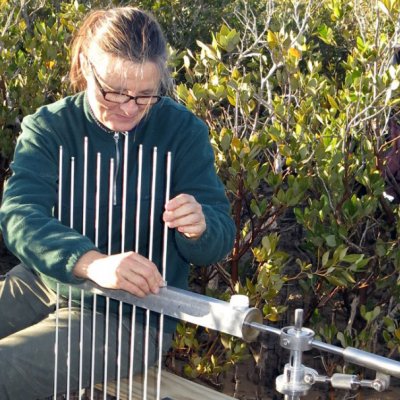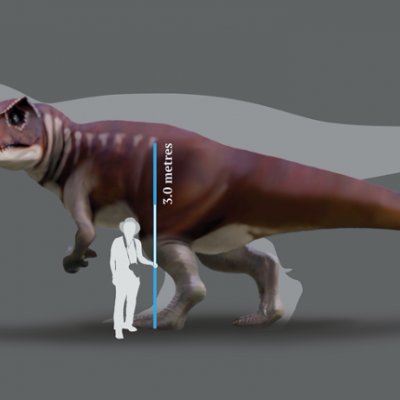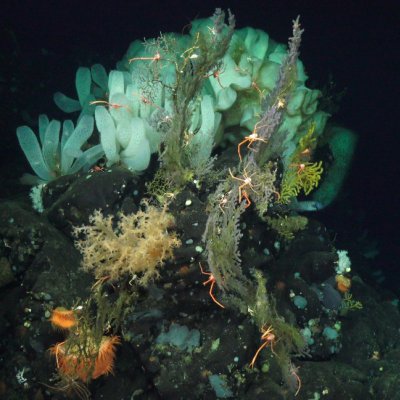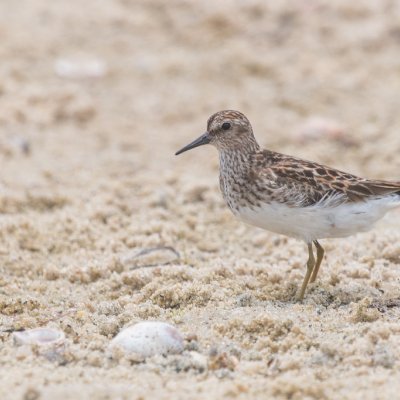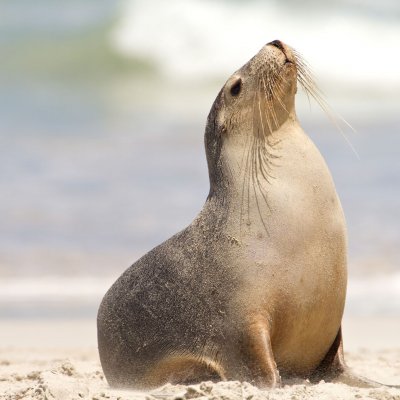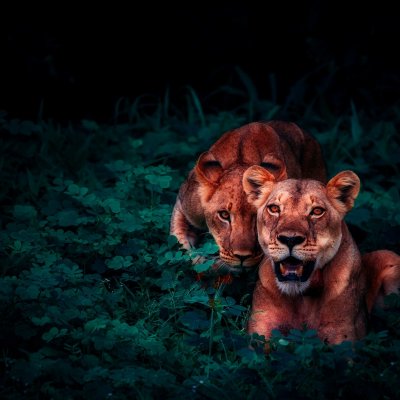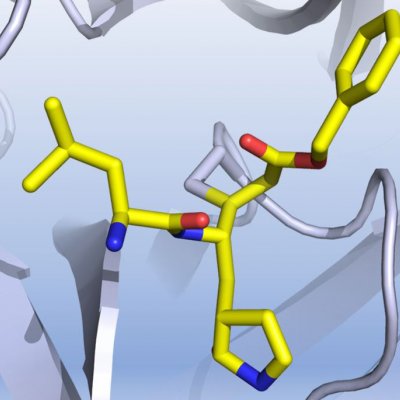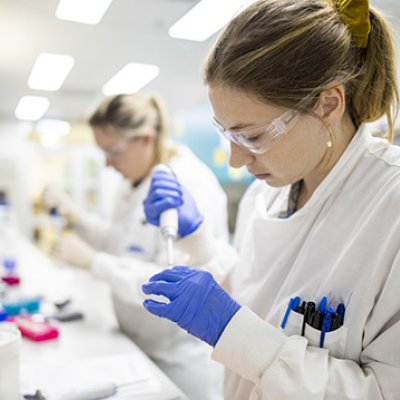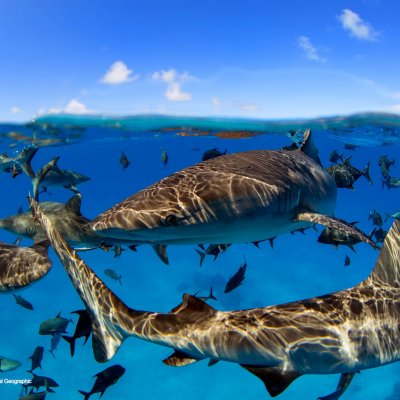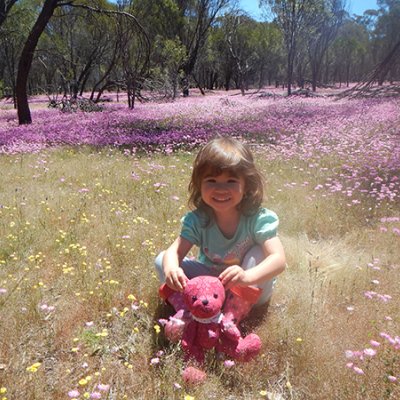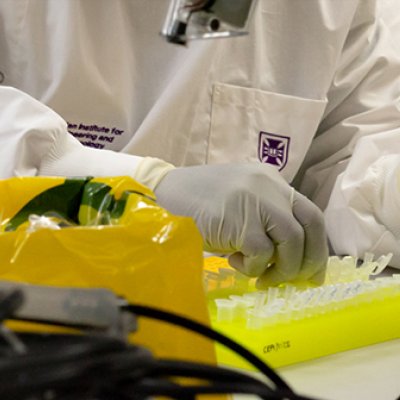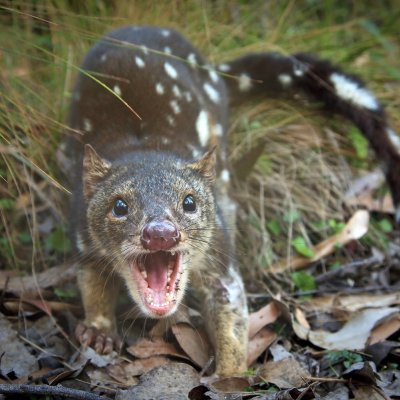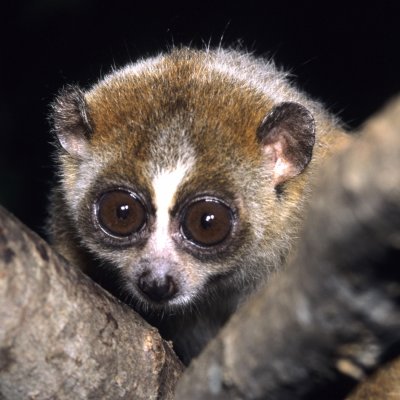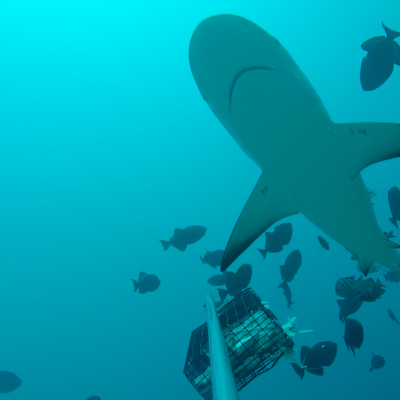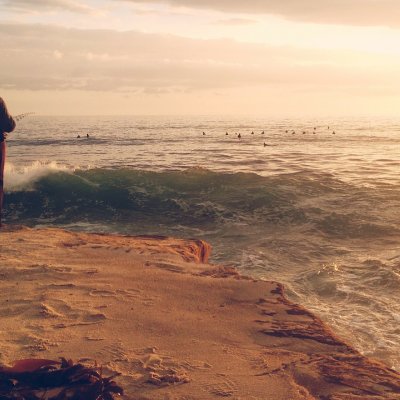Advanced herbicides and treatments for infection may result from the unravelling of a 50-year-old mystery by University of Queensland researchers.
10 July 2020Two University of Queensland environmental scientists have been named 2020 Australian Laureate Fellows.
9 July 2020The current technique used for counting lion populations for research and conservation efforts doesn’t add up, according to a University of Queensland researcher.
18 June 2020North America had the T. rex, South America had the Giganotosaurus and Africa the Spinosaurus – now evidence shows Australia had gigantic predatory dinosaurs.
17 June 2020The world’s deep oceans are warming at a slower rate than the surface, but it’s still not good news for deep-sea creatures according to an international study.
26 May 2020As the world looks to tighten up the illegal capture of wildlife, migratory birds are being threatened by widespread and unsustainable hunting across the Asia-Pacific region.
21 May 2020A newly developed mathematical framework known as “Safe Blues” mimics disease spread through mobile technology and could lead to safer and more effective easing of social distancing.
6 May 2020Logging of native forests increases the risk and severity of fire and likely had a profound effect on the recent, catastrophic Australian bushfires, according to new research.
6 May 2020Populations of Australia’s threatened mammals have declined by 38 per cent on average in 20 years, yet research shows conservation efforts have led to significant recoveries.
23 April 2020Conservation researchers have debated two different approaches to protecting biodiversity for years, but an international team of scientists has found a combination could achieve the best results.
22 April 2020An international team of researchers has tested more than 10,000 compounds to identify six drug candidates that may help treat COVID-19.
9 April 2020The University of Queensland’s potential COVID-19 vaccine is entering an important new phase of testing with the live coronavirus to determine how effectively it induces protection against coronavirus infection.
9 April 2020It’s not too late to rescue global marine life, according to a study outlining the steps needed for marine ecosystems to recover from damage by 2050.
2 April 2020At just six, Grace Fulton is possibly Australia’s youngest scientist, participating in field research to help protect precious owl species.
31 March 2020University of Queensland post graduate student Alicia Kirk will undertake important research on enzymes in Brisbane, after being named a 2020 Westpac Future Leaders Scholar.
5 March 2020A University of Queensland team has met a key milestone in their fast-tracked research to develop a vaccine for the coronavirus, COVID-19.
21 February 2020A new approach to compensate for the impact of development may be an effective alternative to biodiversity offsetting – and help nations achieve international biodiversity targets.
12 February 2020Research into the toxin of the world’s only venomous primate, the slow loris, is shedding light on the potential origins of the allergic qualities of cats.
5 February 2020‘No-take’ marine reserves - where fishing is banned - can reverse the decline in the world’s coral reef shark populations caused by overfishing, according to an Australian study.
24 January 2020A collaborative research project, including University of Queensland scientists, is under way to identify and measure the effects of environmental drivers on several key Queensland fishery species – snapper, pearl perch, and spanner crab.
20 January 2020- ‹ previous
- 3 of 67
- next ›
